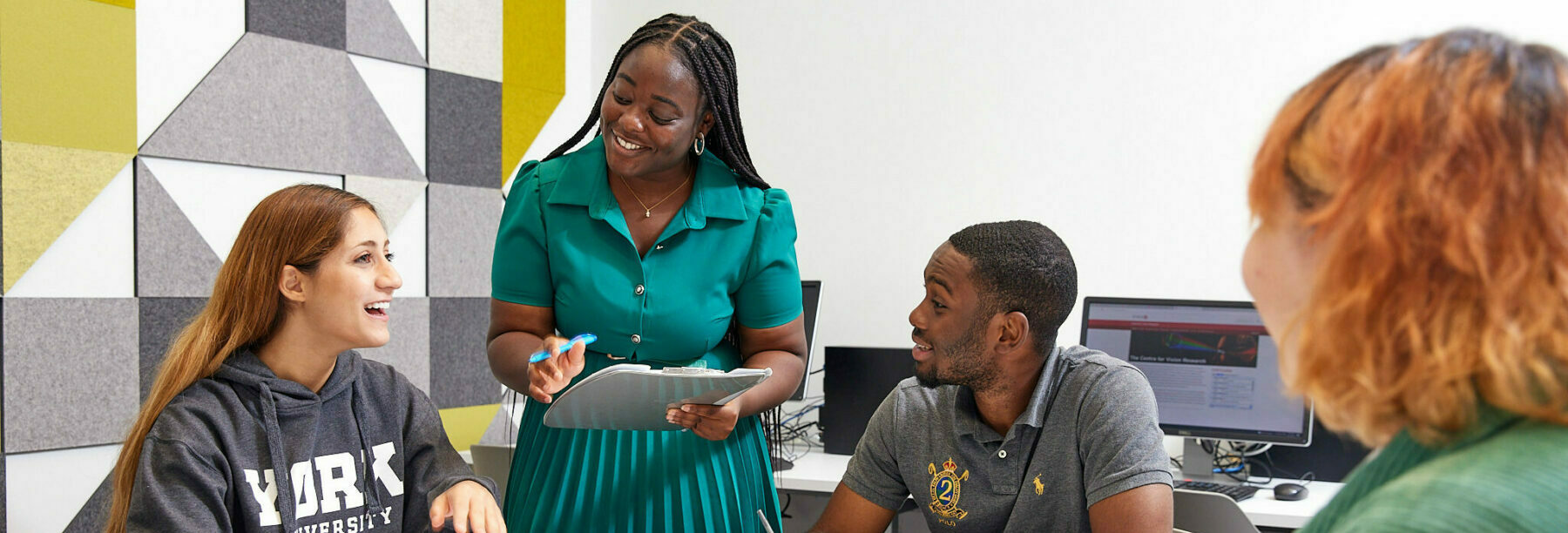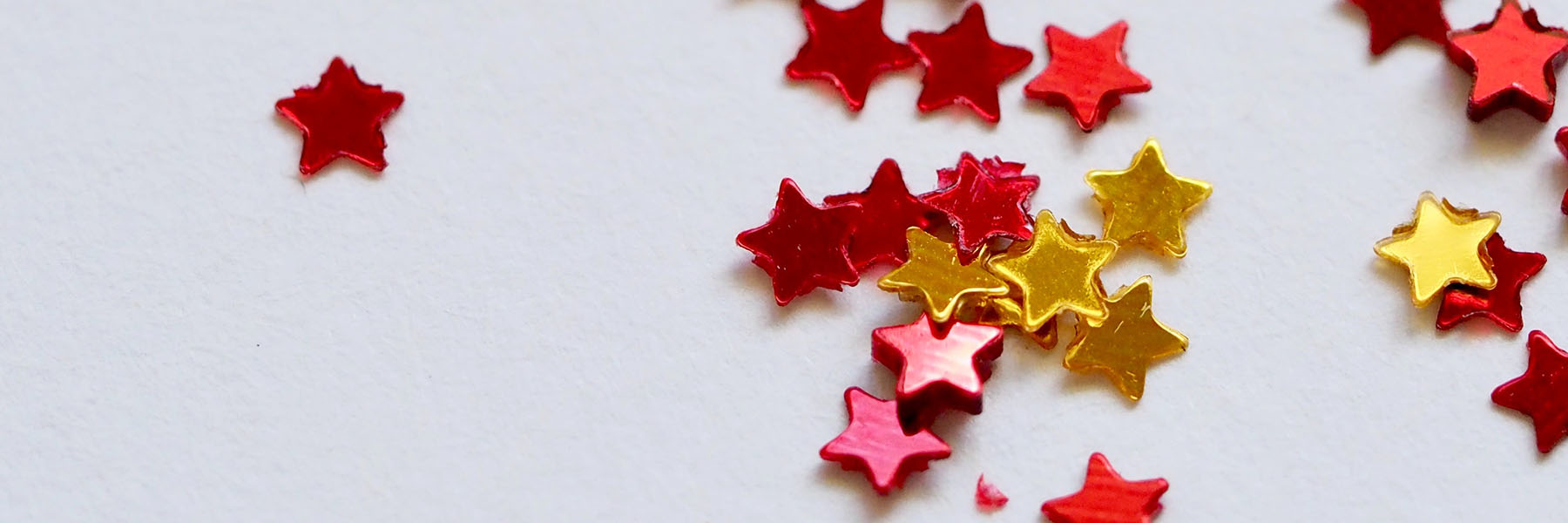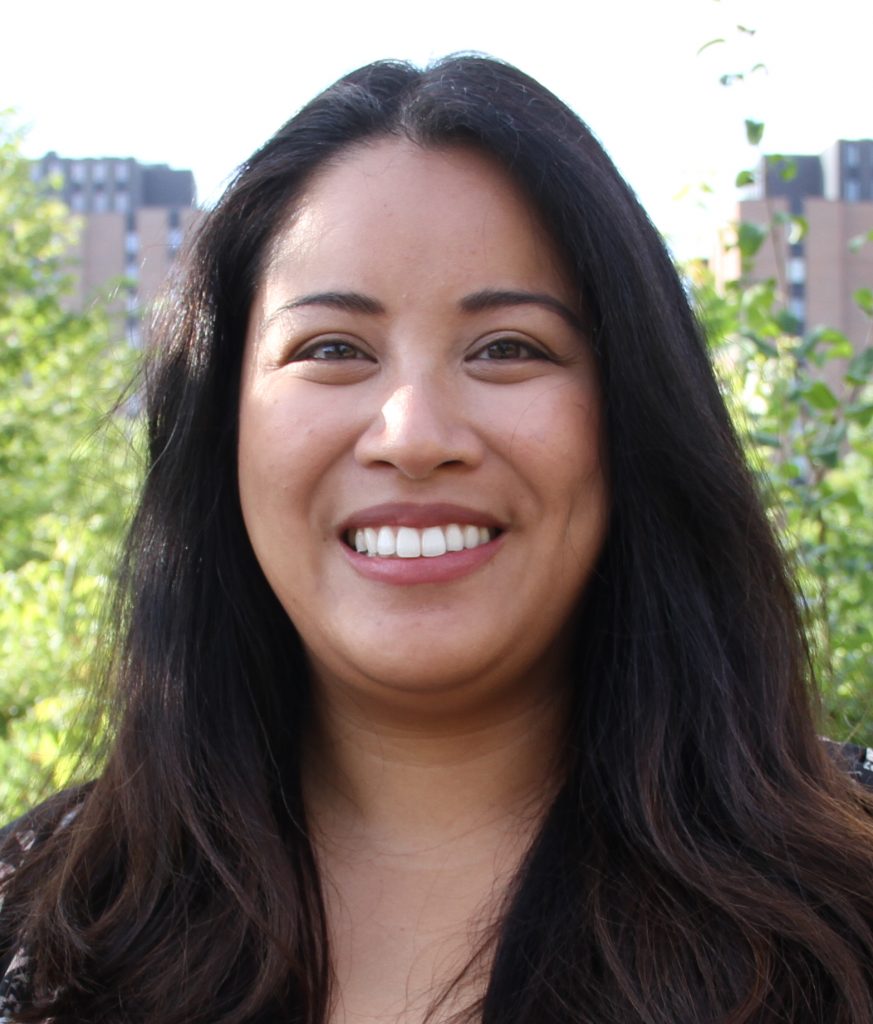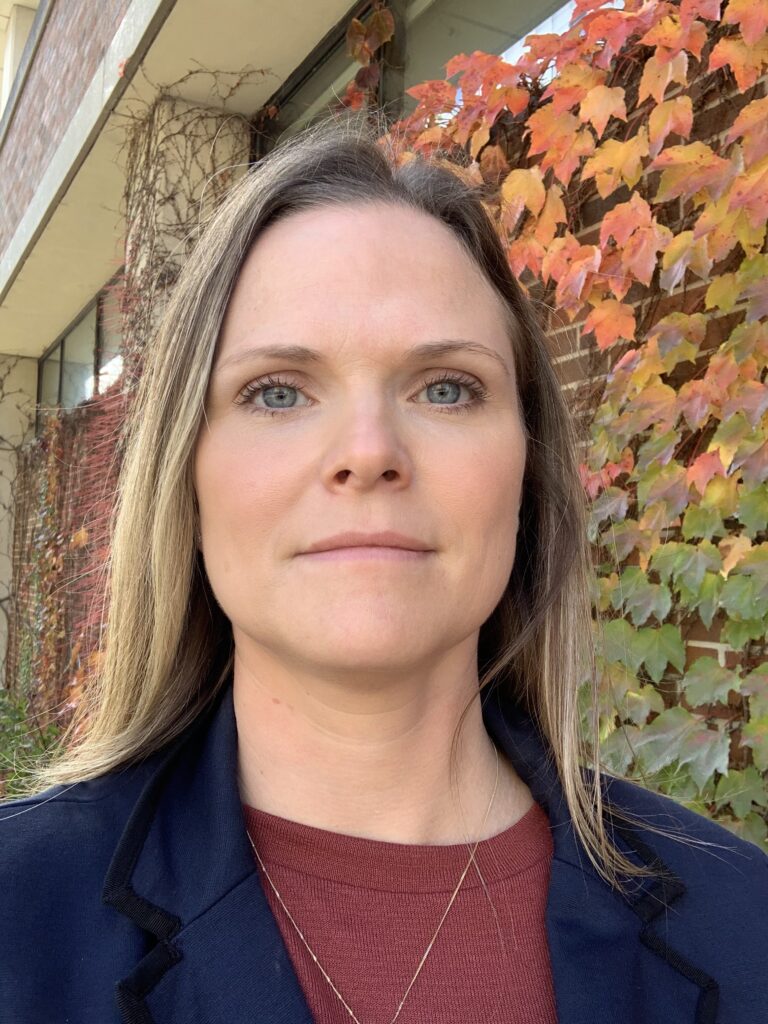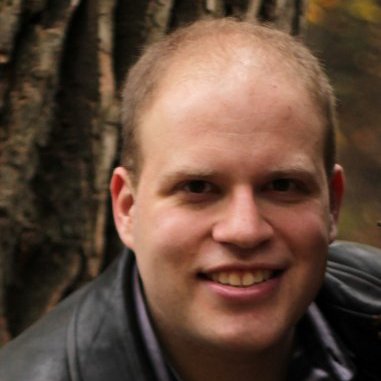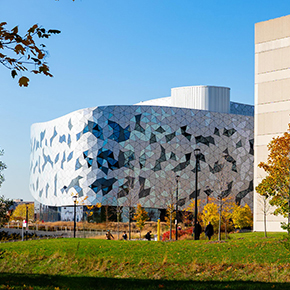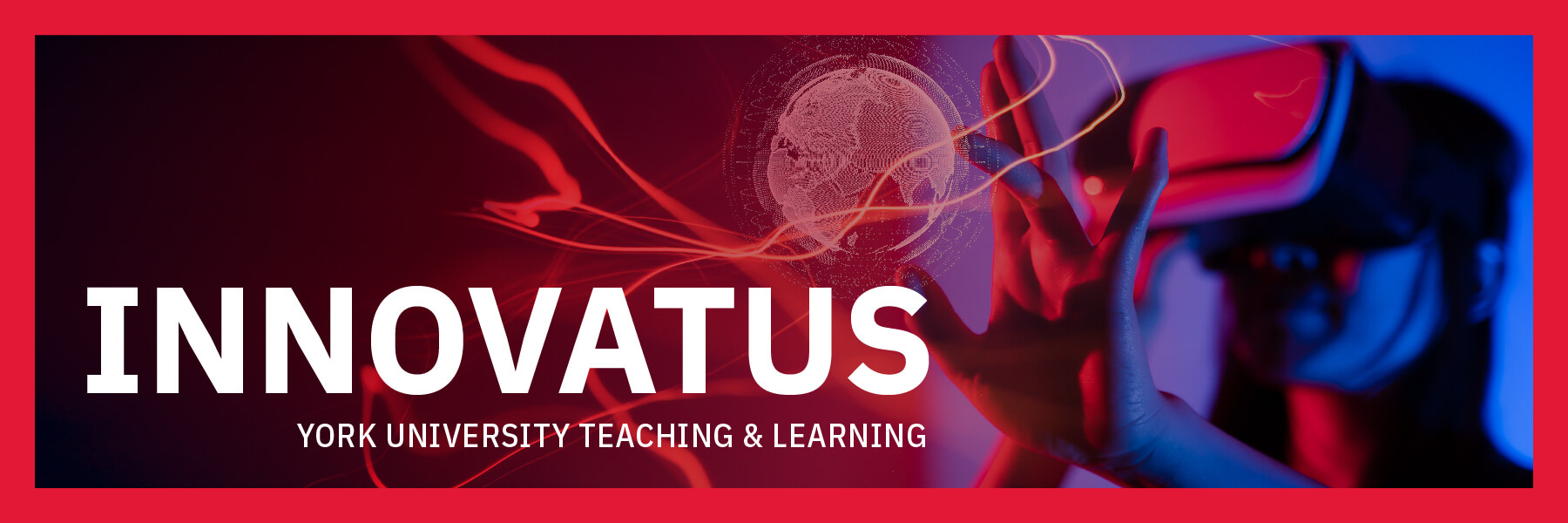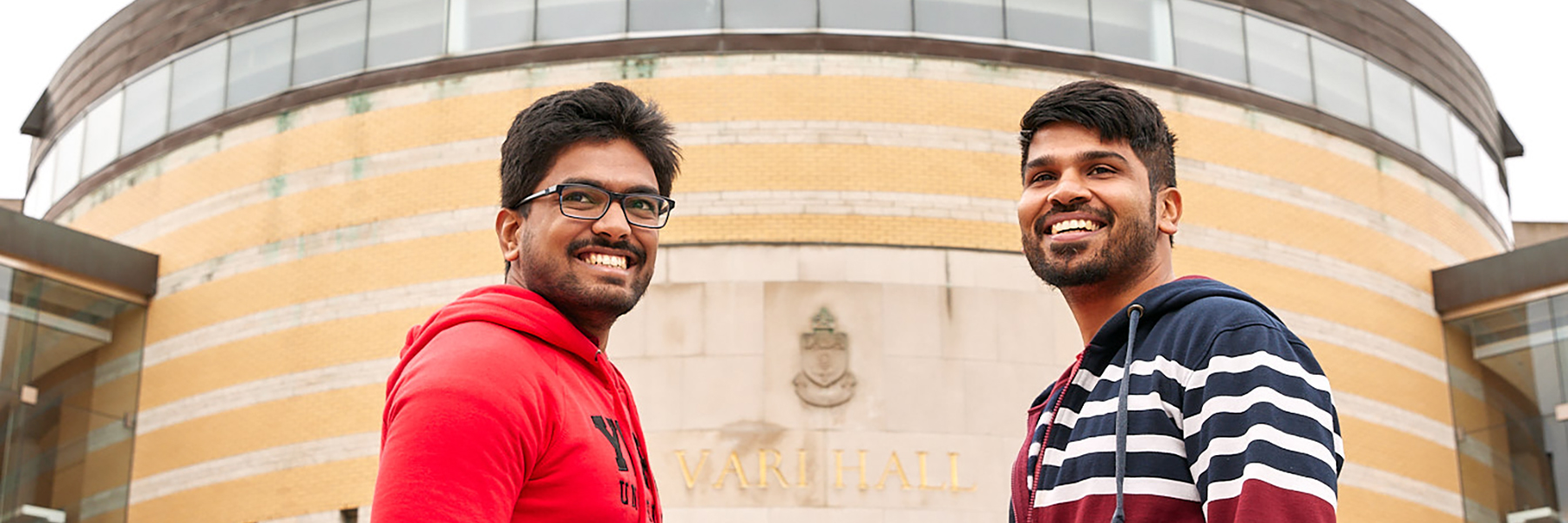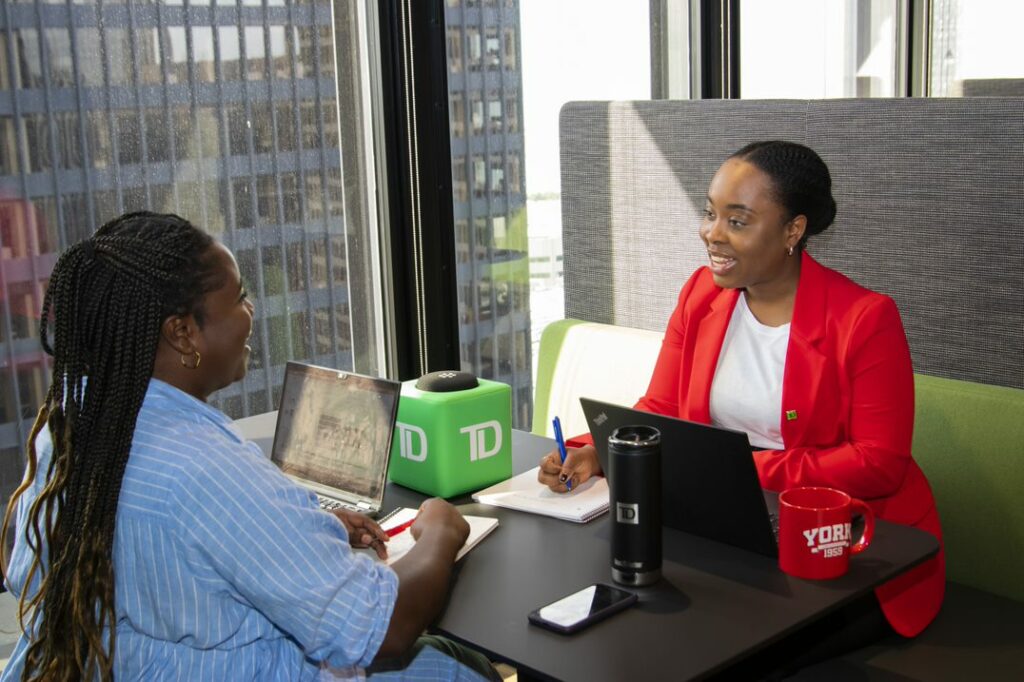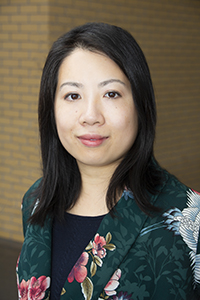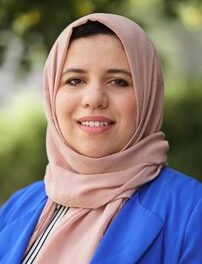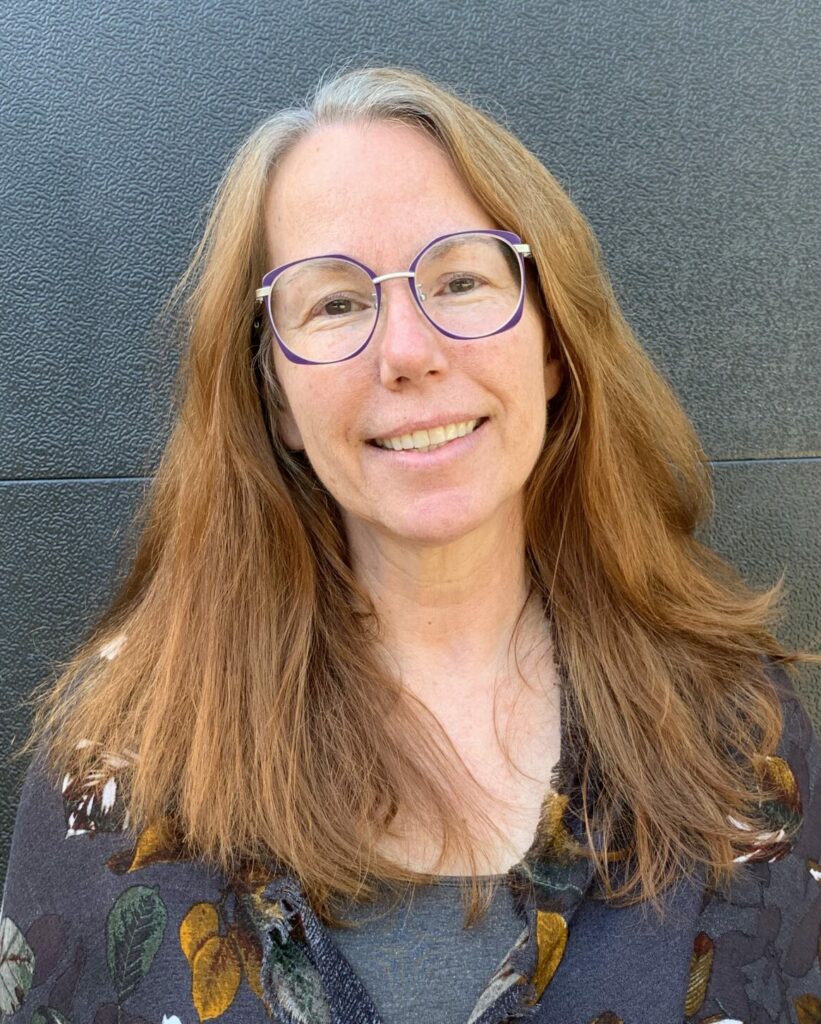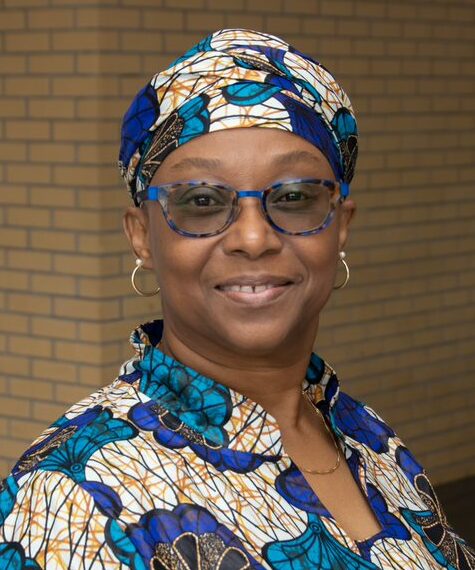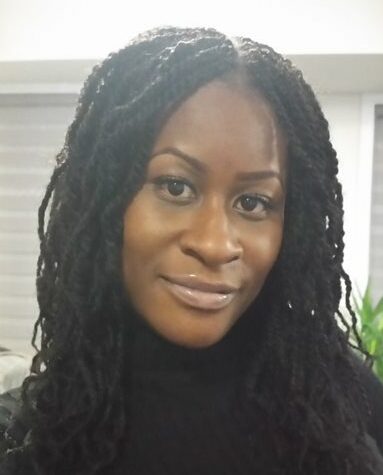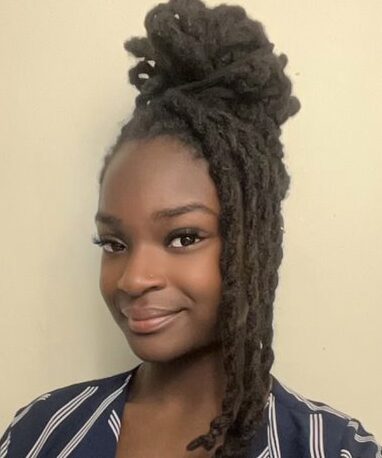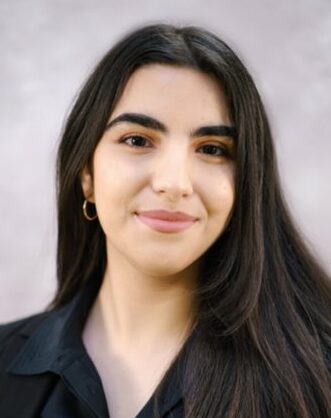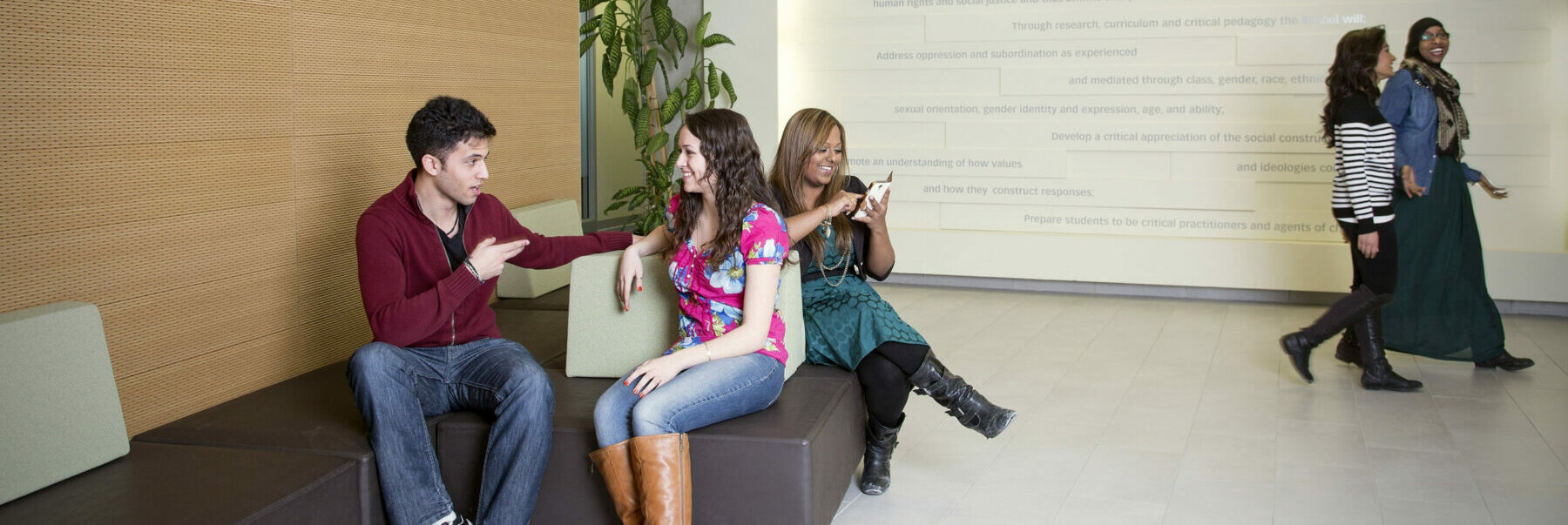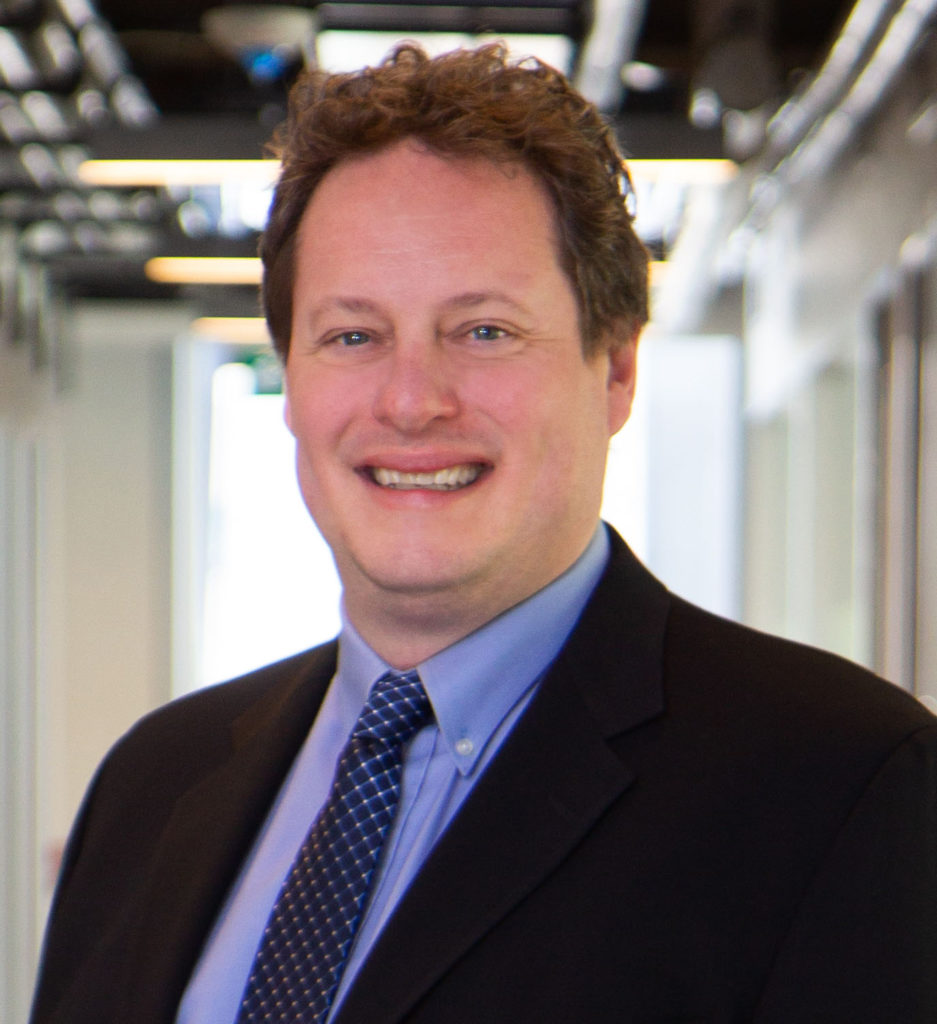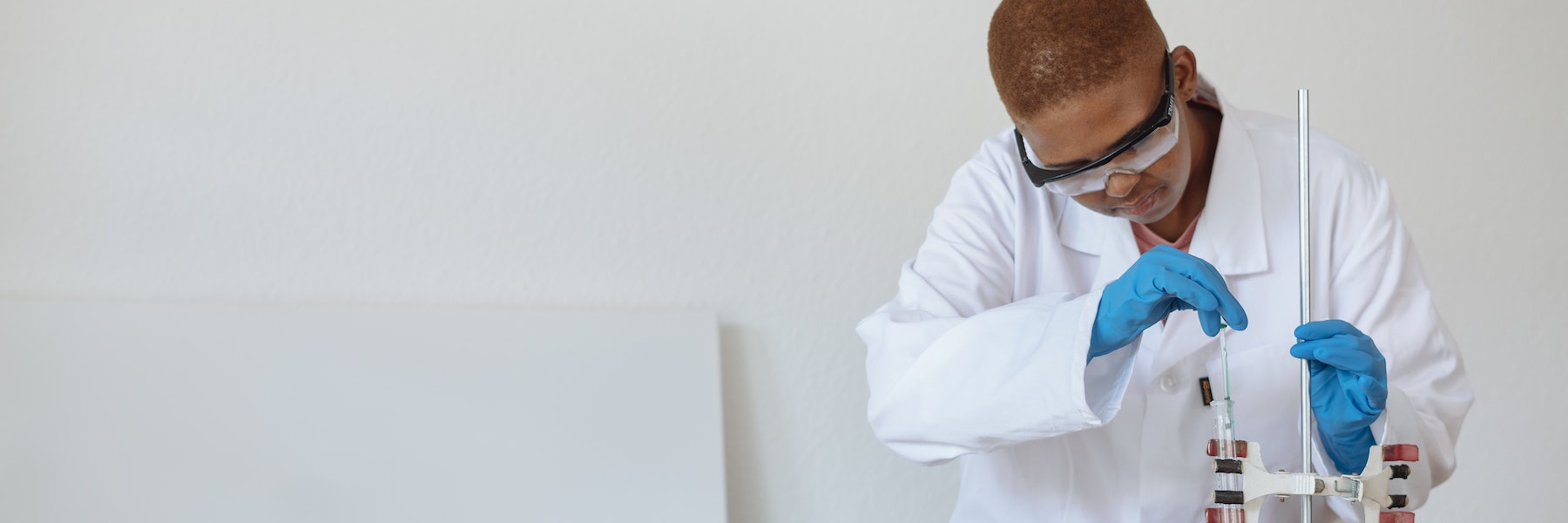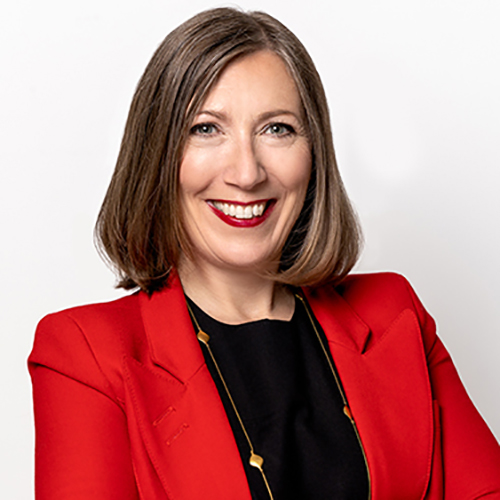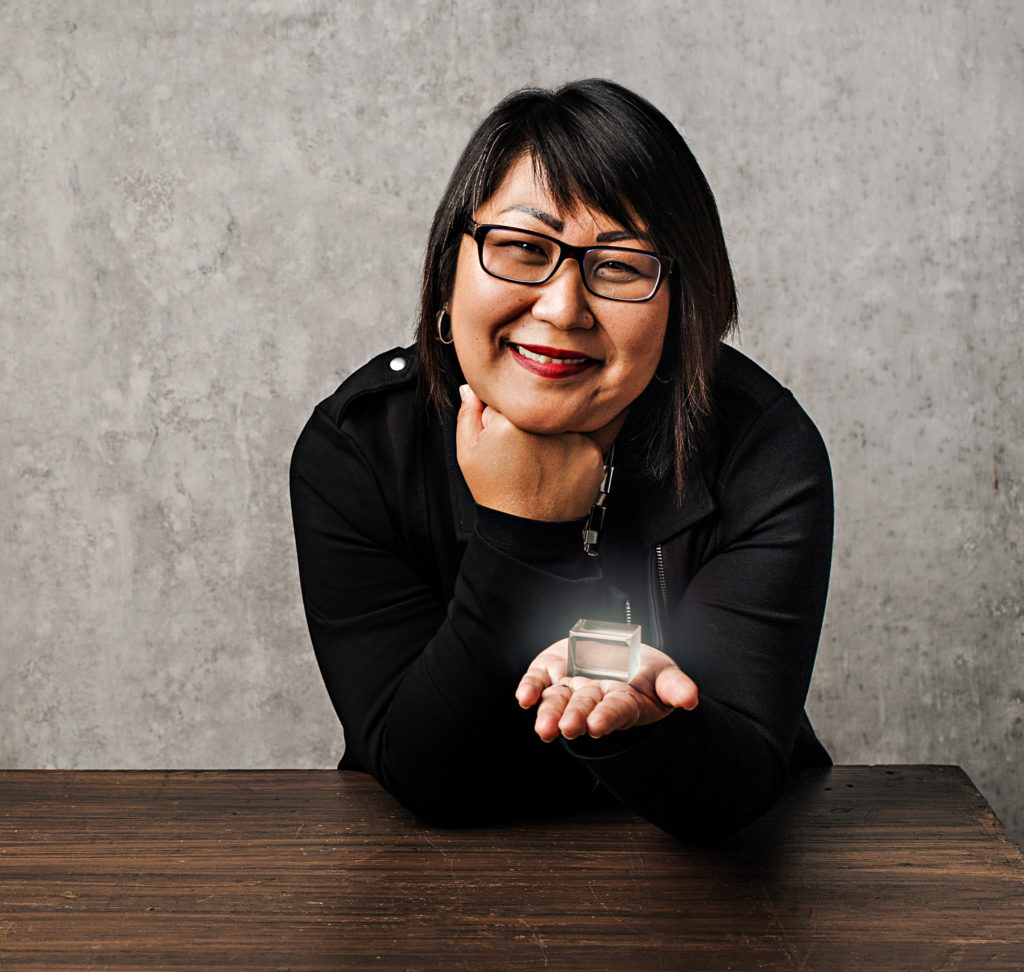By Elaine Smith
York University’s annual Experiential Education (EE) Faculty Celebration is a showcase of the creativity faculty employ to provide their students with multi-faceted learning opportunities, as well as a reminder of the University Academic Plan’s commitment to attaining its “goal of providing every student with an experiential learning opportunity, regardless of program.”
This year’s celebration took place virtually Feb. 9, organized by a committee headed by Lisa Endersby, an educational developer with the Teaching Commons, and Melanie Belore, associate director of experiential education for the Faculty of Liberal Arts & Professional Studies (LA&PS). “We are thrilled to showcase great work in EE across the campus community,” said Endersby.
Lisa Phillips, provost and vice-president, academic, acknowledged the work done to grow EE at York.
“We currently have 16,000 types of EE opportunities at York,” she said. “It’s meaningful for students to have this type of pathway into their futures.”
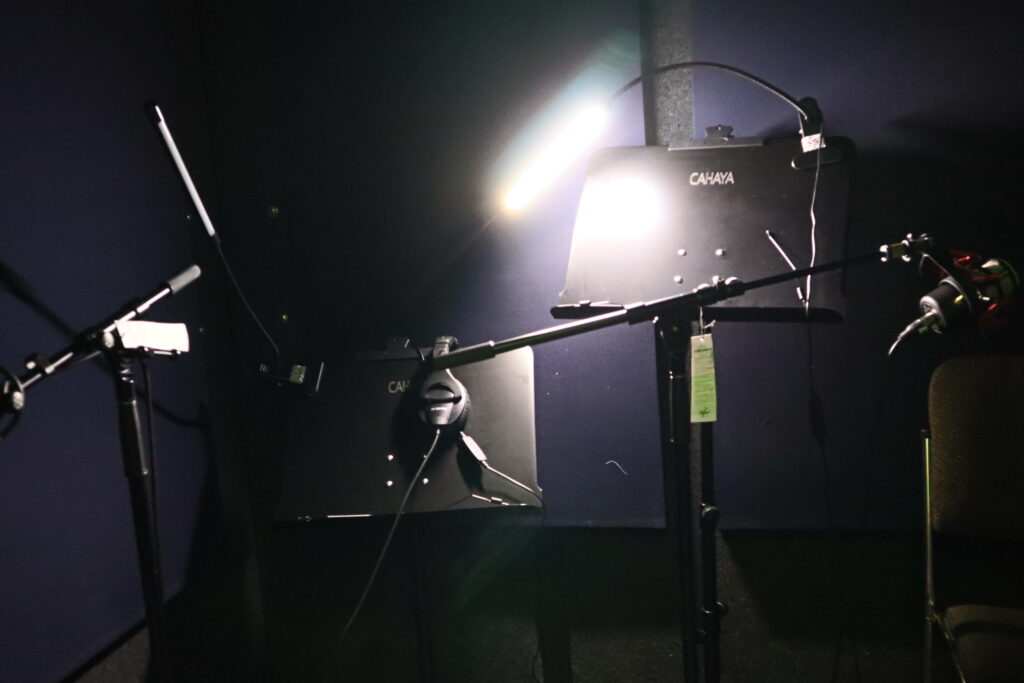
Faculty members highlighted specific EE projects that they had undertaken, demonstrating that EE can occur in many settings and forms.
In the Communication & Media Studies program, Andrew Monti oversaw the expansion of the flagship six-credit community field experience course for fourth-year students, COMN 4140. The course now provides 50 students with the opportunity to complete a 144-hour work experience in one of 50-plus partner organizations in the private and public sectors. Once students are hired following the standard competitive process, they work in a variety of fields, such as political communication, public relations and social media content creation, among others.
“Students have been unanimous in their appreciation for the experience,” Monti said. “From applying for the job to using their skills in hands-on projects, students also contextualized their knowledge with targeted readings and critically reflected on their working experience.
“In 2022, 94 per cent of our students received recommendation letters from our partners, and we’re on track to reach our goal of 100 per cent by the spring term of 2024.”
Also at LA&PS, Jennifer Bonnell, an associate professor of history, offers a six-credit honours course in public history that provides students with a 12-week placement; it is capped at 18 students and is the capstone course for a cross-disciplinary certificate in public history.
“The first term focuses on skills development and the second term features the placement,” Bonnell said. “Students can test out career paths and apply their knowledge.”
Professor Andrew Maxwell, Bergeron Chair in Technology Entrepreneurship at the Lassonde School of Engineering, organizes two annual EE three-day events for students – UNHack and the Startup Experience – through Bergeron Entrepreneurs in Science and Technology (BEST). Both events, said Maxwell, “allow the students to work in teams, find their passion and solve problems meaningful to them. The events convince the participants that they can contribute to the world and change it.”

During the UNHack, first- and second-year students from across the University work together in teams to address a local sustainability challenge linked to one of the United Nations’ Sustainable Development Goals (UN SDGs). During the structured experience, they choose an important problem they care about, create a viable solution and develop a roll out plan that they hope will be implemented. The Startup Weekend Experience allows senior undergraduate and graduate students to collaborate on the development of a business idea which they pitch to a panel of judges.
“We encourage people to come back each year and get more creative at solving important problems,” said Maxwell. “I hope to see more of these projects become prototypes in York’s Living Lab.”
At the Faculty of Education, Celia Popovic, an associate professor (teaching stream), created a capstone course for students in the BA Education Studies program. It requires students work together on a website that features interviews with professionals working in various education-related positions, including teaching, and to work on a practical project for a partner organization. It’s an opportunity for students to widen their horizons, Popovic said, as they look toward career possibilities, and to allow them to use their theoretical knowledge and reflect on their experiences.
The event also featured a talk by executives from York’s partners from Co-operative Education and Work-Integrated Learning Canada (CEWIL); a roundtable discussion of their EE partnerships with students; and presentations by faculty members who successfully incorporate EE into their classes.
The roundtable featured Dana Craig, director of students learning and academic success with York University Libraries; Geneviève Maheux-Pelletier, director of the Teaching Commons; and Yvette Munro, assistant vice-provost, student success. Each spoke about what their areas offer with respect to EE, including:
• EE courses and the Media Creation Lab in the Libraries;
• support for faculty interested in incorporating EE into their courses through the Teaching Commons; and
• support from the Division of Students through initiatives such as Becoming YU.
Charlene Marion, executive director of CEWIL, and Sean Elliott, associate director for the central region, followed the panel, talking about their organization’s support for work-integrated learning (WIL), offering examples. They noted that York has been a longstanding CEWIL partner and has received $2.2 million in funding for 31 WIL projects since Winter 2021, including a project focused on Black student psychology and health and a senior dance project.
Will Gage, associate vice-president, teaching and learning, said, “EE is a cornerstone of what York tries to provide in terms of excellence and students’ readiness to graduate and hit the ground running in the workplace. … It is pivotal to the success of our students.”
To learn more about incorporating EE into your courses, contact the Teaching Commons.


